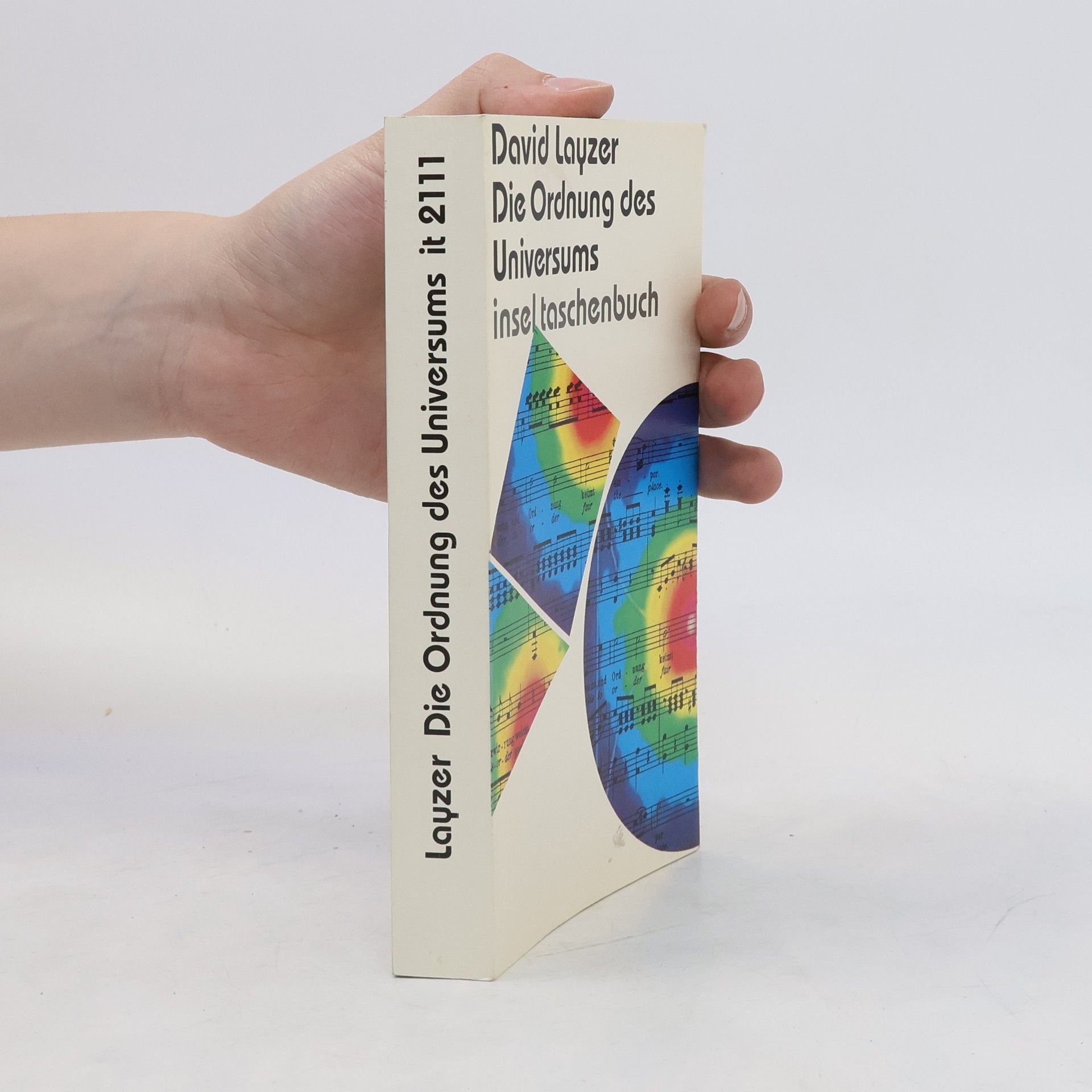Why We are Free: Consciousness, free will and creativity in a unified scientific worldview
- 168 pages
- 6 hours of reading
Exploring the interplay between randomness and order, this book presents a unique perspective on the universe's beginnings, arguing that it started in maximum disorder rather than pre-existing order. Layzer integrates Ernst Mayr's two-step creative process to explain the evolution of life, highlighting randomness and natural selection. He also examines libertarian free will through William James's framework, emphasizing the role of self-determination. Ultimately, the work harmonizes cosmic and biological evolution with traditional notions of free will, resonating with Einstein's philosophy on human creativity in science.




